At Memory and Storage Day 2019 in Seoul, Intel made a very cool announcement. For high-end workstations, Intel will be supporting Optane DCPMM modules. These include 128GB, 256GB, and 512GB DCPMMs from the current generation “Apache Pass” generation of DCPMMs.
Intel Optane DCPMM in Workstation Shown
If you have been waiting for more Optane in high-end workstations, Intel has a killer announcement. It is showing off Intel Optane DCPMM for high-end workstations. At the demo showcase, we were told that these DCPMMs would be available for Core i9 and Xeon generations of CPUs.
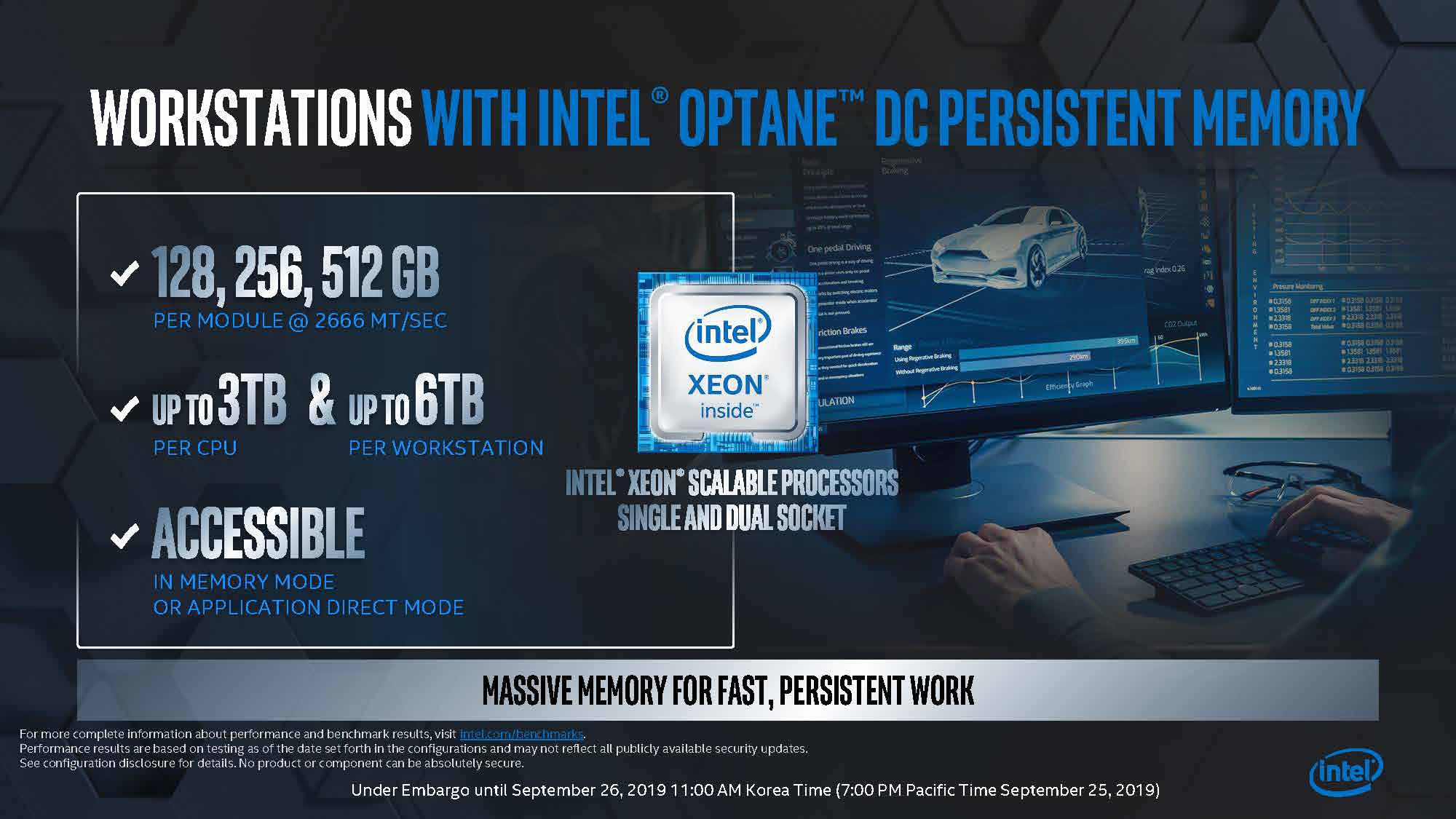
Intel also mentioned that DCPMM support is in Microsoft Windows Server 2019, and that support is also now in the latest Windows 10 update. There is still more work to be done.
We asked Intel’s representatives about DCPMM support. It is not just limited to App Direct mode (where it is used as persistent storage.) Instead, we were told it can be used in Memory Mode (used as DRAM-like media) as well as Mixed Mode (portions used for both use cases.) Here is an example in App Direct mode where SPECworkstation 3.0.1 is running enormously faster than on Optane 905p SSDs.
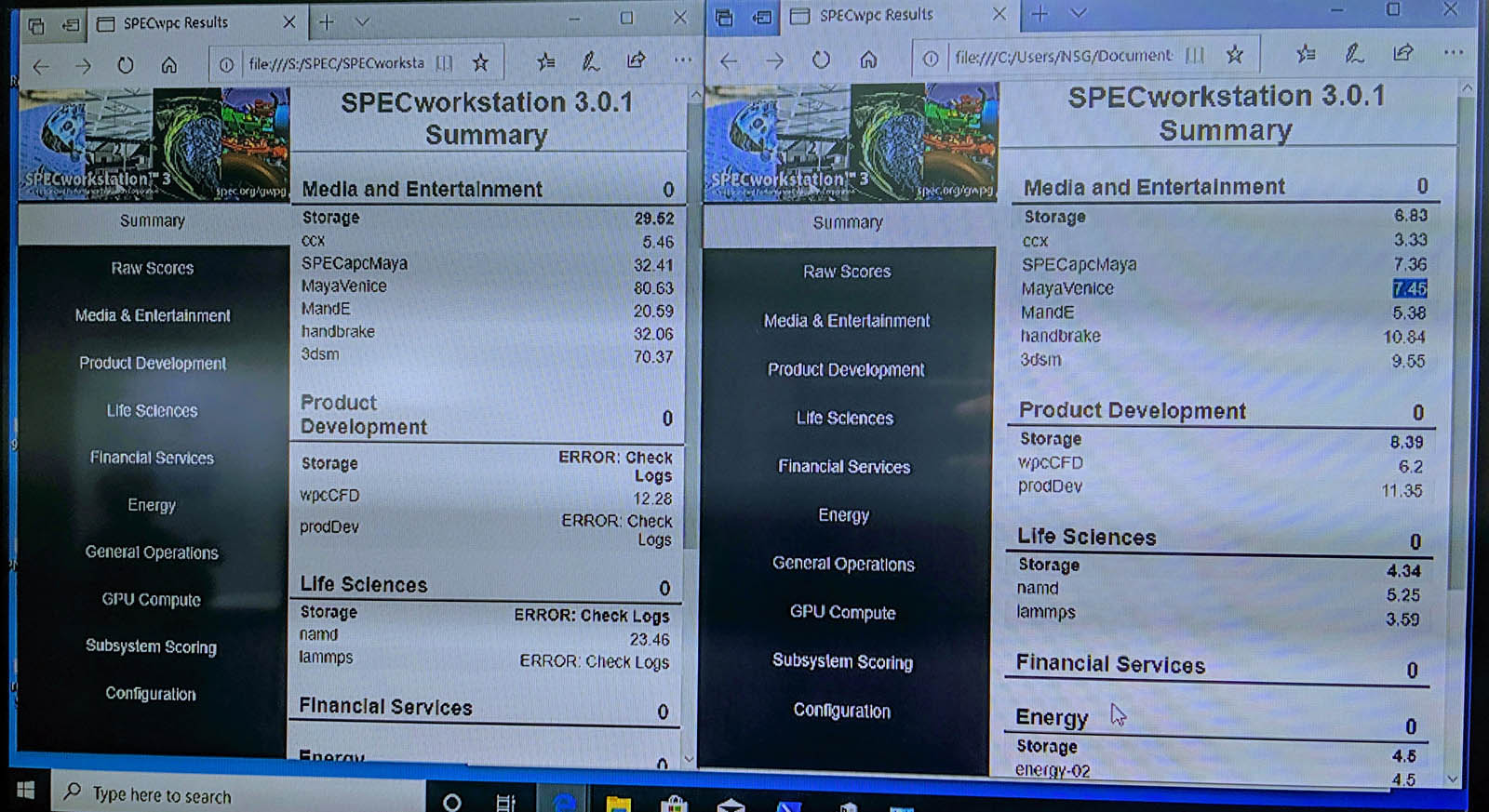
One can see the errors in the Life Sciences section. We asked about this and they said that is some of the last bits of integration work with Windows. Of course, if you are running a modern Linux OS with DCPMM it will work out of the box.
We asked, and were told that workstations will use the same DCPMMs as servers so these are not new products, but are new applications.
Final Words
This is a huge deal. Adding Intel Optane DCPMM to workstations will allow for higher memory capacities and faster storage. With AMD pushing higher core counts and features like PCIe Gen4 in 2019, Intel is engaging in asymmetric warfare by bringing in Optane DCPMMs which are an Intel-only technology. While AMD may win the core count wars, Intel will have something different to offer for memory and storage that AMD cannot match.

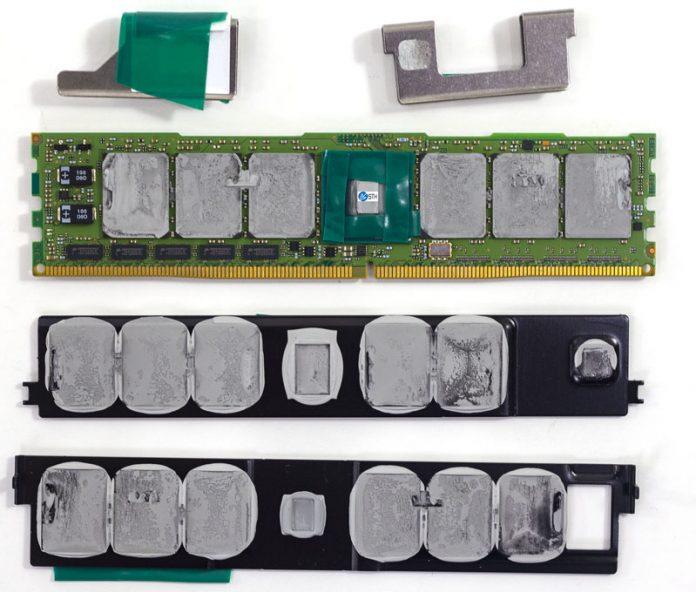

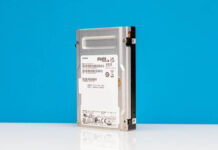
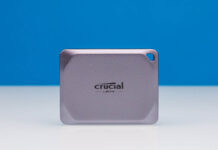
does this include the lga3467 “W” processors that were recently released??